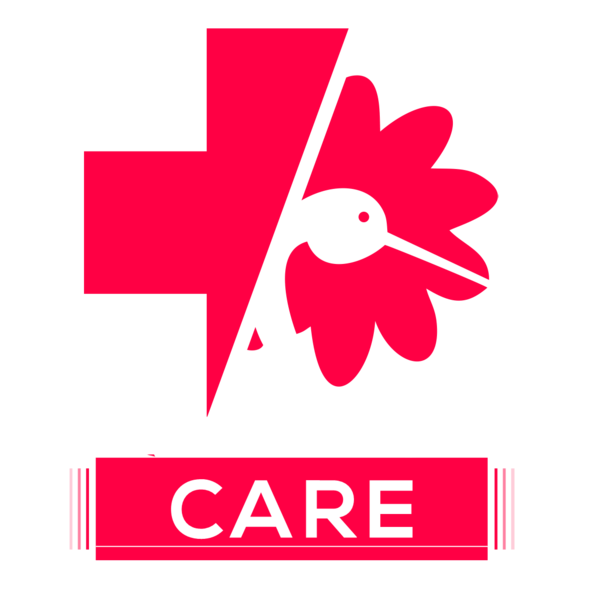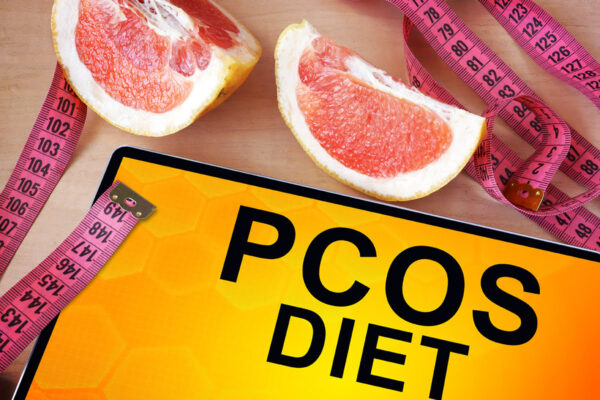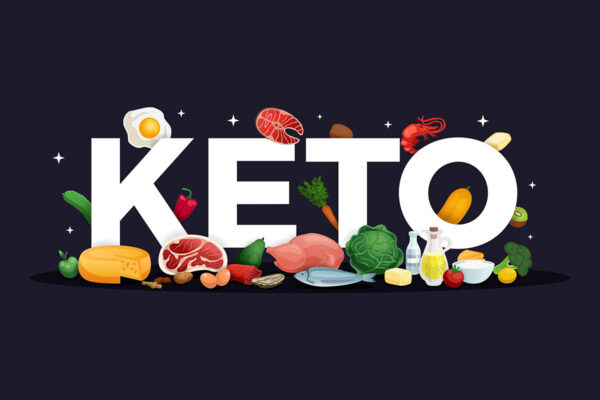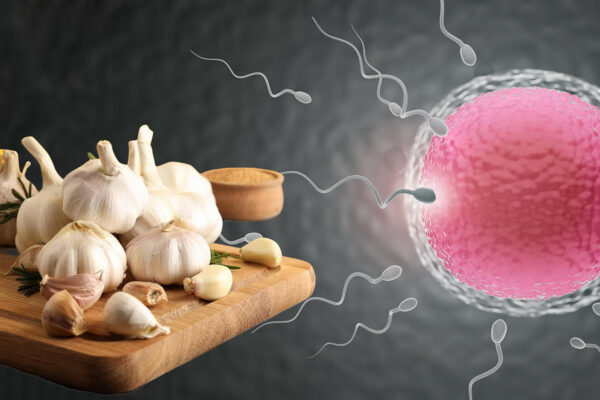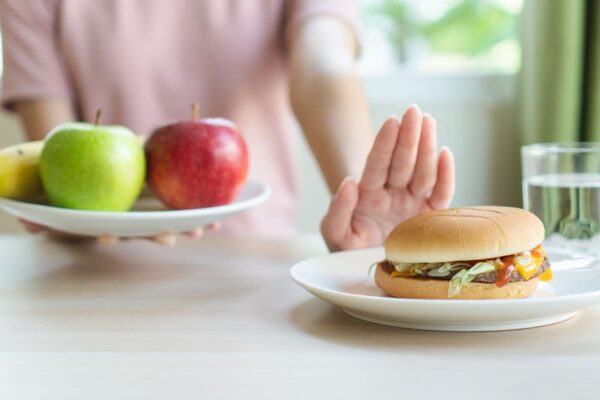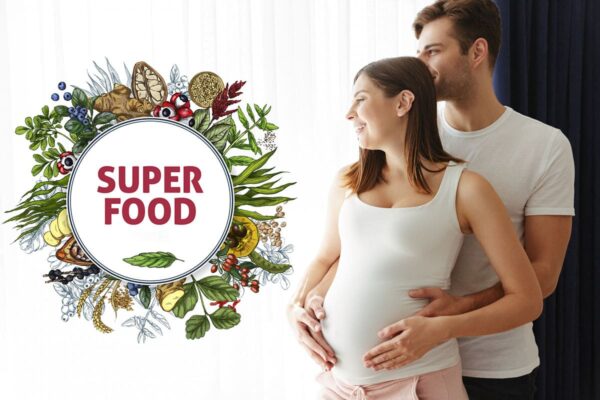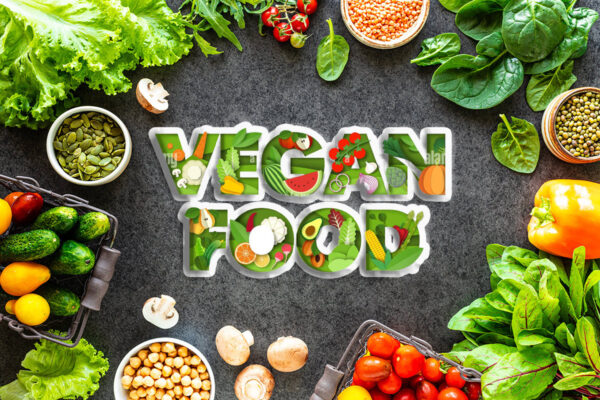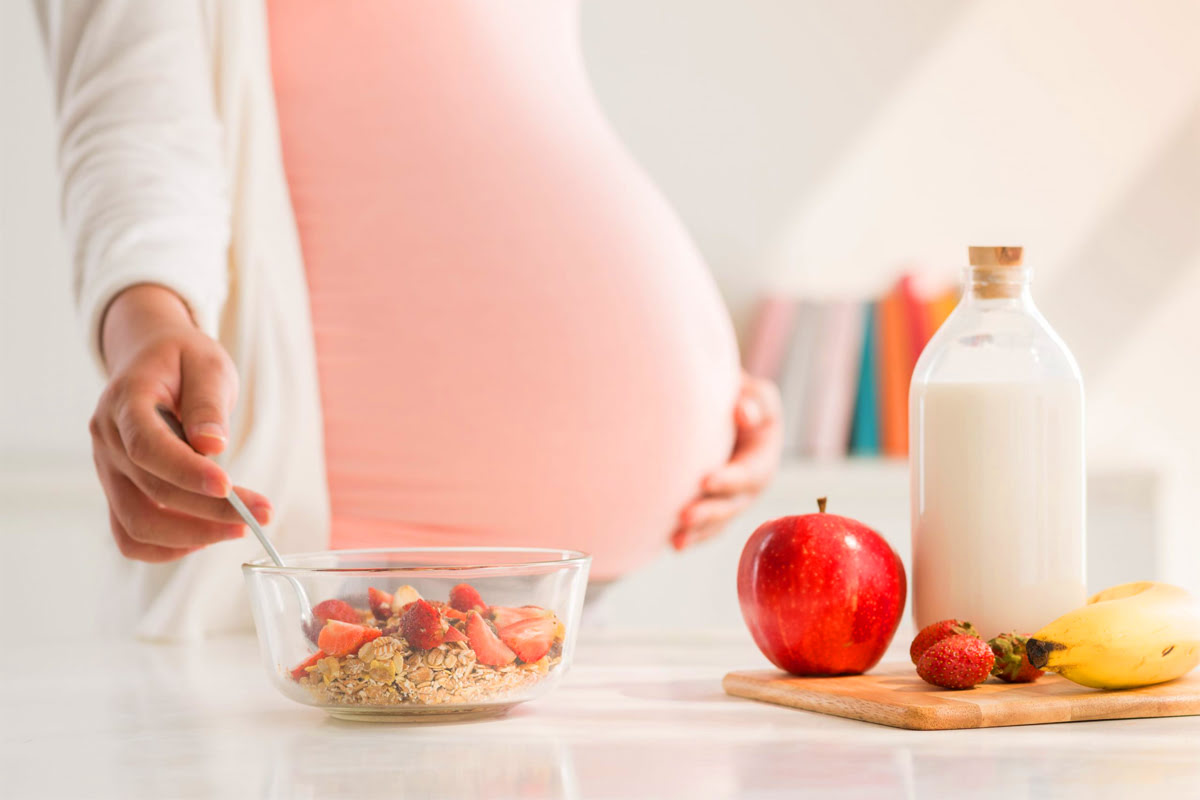
NUTRITION NEEDS DURING PREGNANCY
It’s always important to eat a balanced diet — and it’s even more important when you’re pregnant because what you eat is the main source of nutrients for your baby. However, many women don’t get enough iron, folate, calcium, vitamin D, or protein. So when you are pregnant, it is important for you to increase the amounts of foods you eat with these nutrients.
Most women can meet their increased needs with a healthy diet that includes plenty of fruits, vegetables, whole grains, and proteins.You should try to eat a variety of foods from these basic food groups. If you do, you are likely to get all the nutrients you need for a healthy pregnancy.
Key Nutrients You Need
Calcium
Helps to build strong bones and teeth. Main sources include milk, yogurt, During pregnancy you need 1,000 milligrams (mg) daily.
Iron
Helps red blood cells deliver oxygen to your baby. Sources include lean meat, dried beans, peas, green leafy vegetables and iron-fortified cereals. During pregnancy you need 27 mg daily.
Vitamin A
You need this vitamin for healthy skin, eyesight, and bone growth. Carrots, dark, leafy greens, and sweet potatoes are good sources. During pregnancy you need 770 micrograms daily.
Vitamin C
Promotes healthy gums, teeth, and bones, and helps your body absorb iron. Good sources include citrus fruit, broccoli, tomatoes, and strawberries. During pregnancy you need 85 mg daily.
Vitamin D
Aids your body in the absorption of calcium to help build your baby’s bones and teeth. Sources include exposure to sunlight, fortified milk, and fatty fish, such as salmon. During pregnancy you need 600 international units (IUs) daily.
Vitamin B6
Helps form red blood cells and helps your body use protein, fat, and carbohydrates. You can find vitamin B6 in liver, whole-grain cereals, and bananas. During pregnancy you need 1.9 mg daily.
Vitamin B12
Helps form red blood cells and maintains your nervous system. You can find this vitamin only in animal products. Good sources include liver, meat, fish, poultry, and milk. During pregnancy you need 2.6 micrograms daily.
Folate (Folic Acid)
A B vitamin important in the production of blood and protein, it also reduces the risk of neural tube defects (a birth defect of the brain and spinal cord). You can find folate in green, leafy vegetables, liver, orange juice, legumes (beans, peas, lentils), and nuts.
You must get at least 400 micrograms of folate daily before pregnancy and during the first 12 weeks of pregnancy to reduce the risk of neural tube defects. During pregnancy, doctors recommend you get 600 micrograms daily.
Foods to avoid during pregnancay 🚫
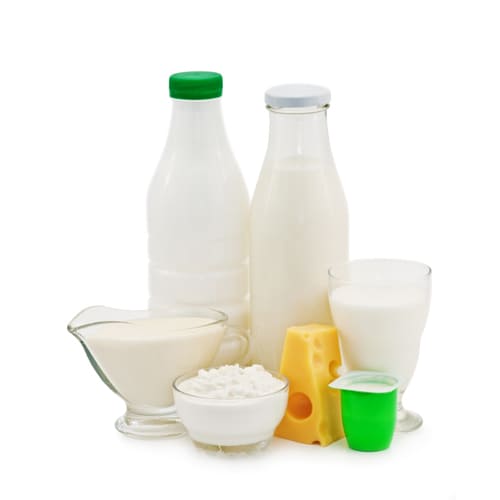
Avoid unpasteurized foods
Many low-fat dairy products — such as skim milk, mozzarella cheese and cottage cheese — can be a healthy part of your diet. Anything containing unpasteurized milk, however, is a no-no. These products could lead to foodborne illness. Avoid soft cheeses, such as brie, feta and blue cheese, unless they are clearly labeled as being pasteurized or made with pasteurized milk. Also, avoid drinking unpasteurized juice.
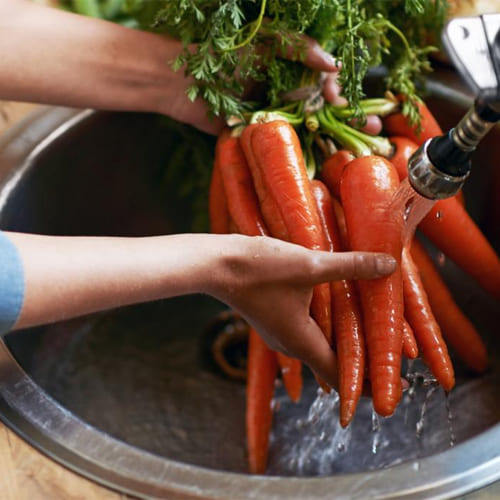
Avoid unwashed fruits and vegetables
To eliminate any harmful bacteria, thoroughly wash all raw fruits and vegetables. Avoid raw sprouts of any kind — including alfalfa, clover, radish and mung bean — which also might contain disease-causing bacteria. Be sure to cook sprouts thoroughly.

Avoid excess caffeine
While caffeine can cross the placenta, the effects on your baby aren’t clear. To be safe, your health care provider might recommend avoiding or limiting the amount of caffeine in your diet to less than 200 milligrams (mg) a day during pregnancy.

Avoid alcohol
No level of alcohol has been proved safe during pregnancy. The safest bet is to avoid alcohol entirely. Consider the risks. Drinking alcohol during pregnancy leads to a higher risk of miscarriage and stillbirth. Drinking alcohol may also result in fetal alcohol syndrome, which can cause facial deformities and intellectual disability.
Fruits to Avoid During Pregnancy First Trimester 🚫
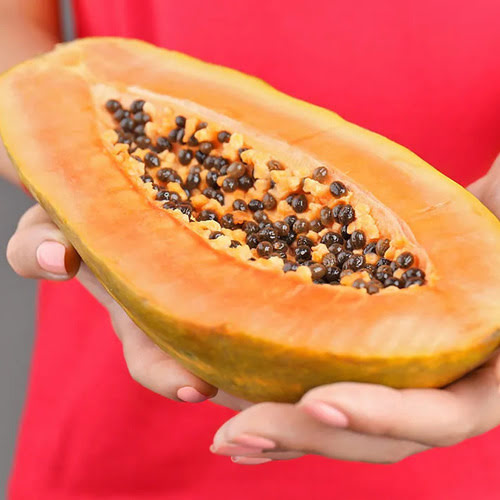
Unripe and Semi-Ripe Papaya Fruit
Fruits to avoid during pregnancy first trimester: stay away from unripe or semi-ripe papaya
Papayas are known for their sweet, juicy, orange flesh and as a natural remedy for indigestion. It is common in tropical countries and comes in a variety of types and sizes. However, the unripe and semi-ripe forms of this fruit aren’t particularly good for pregnant women for the following reasons:
- They are abundant in latex, which promotes early uterine contraction. This may result in a miscarriage.
- They contain large amounts of papain. One of papain’s side effects is that it can trigger early labor. The reason behind this is that papain looks very similar to another molecule that performs this role, which your body mistakes papain for.
- Latex is a common allergen. Common allergic symptoms include a runny nose, swelling in the mouth area and skin rashes. However, sometimes allergic reactions can cause breathing difficulties and anaphylaxis. In such cases, medical attention should be sought immediately.
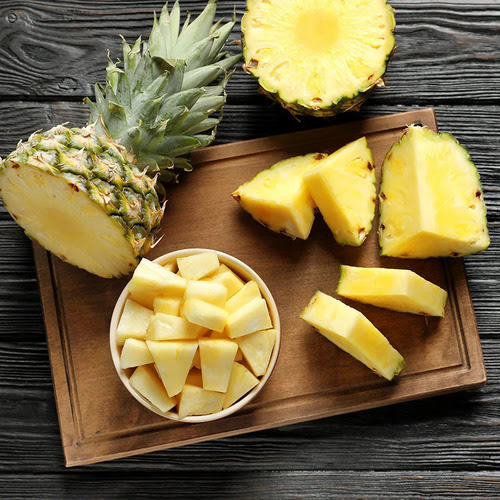
Pineapple
Who doesn’t like pineapple? It’s sweet, bright yellow and is tasty whether eaten ripe or used in dishes (like pineapple fried rice).
Sadly, this tropical fruit isn’t suitable for pregnant women. Pineapple is known to contain bromelain, an enzyme which breaks down protein. One of its side effects is that bromelain may soften the cervix, which could lead to early labor.
Studies also show that bromelain tablets are so potent in breaking down protein that they even can cause irregular bleeding.





